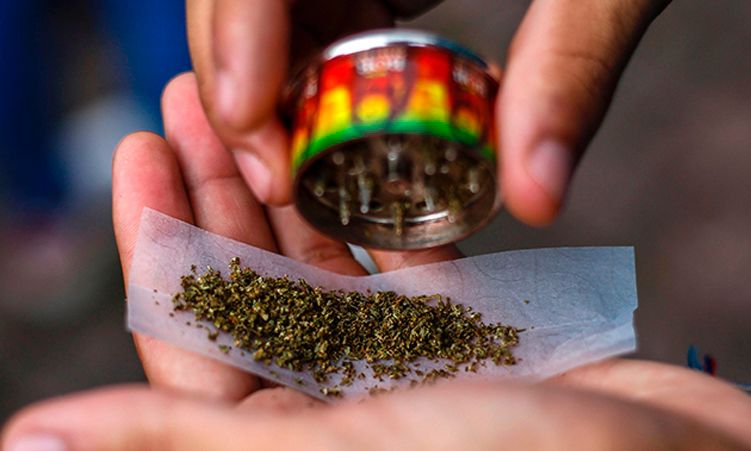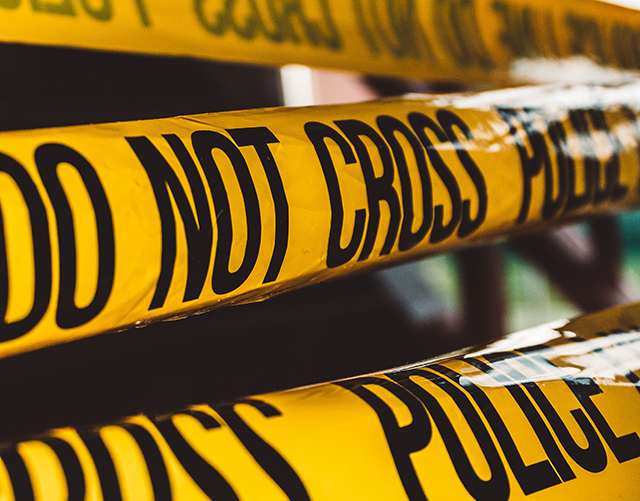The African Export-import Bank (Afreximbank) says it hopes to penetrate the Namibian market by hosting its 2024 Trade Finance Seminar and Factoring Workshop in Windhoek next month.
This will be the 24th edition of the seminar that will bring African bankers, financiers, legal practitioners, insurers, professionals from regulatory agencies, and corporates from across the continent and from other countries involved in trade finance together from 5 to 8 November.
Afreximbank’s managing director for trade finance and correspondent banking, Gwen Mwaba, says the bank chose Namibia because it is one of the countries yet to host the seminar in southern Africa.
She says this type of seminar is important because it creates awareness about the bank.
“It gives an appreciation to players in those markets: banks, the sovereign itself, state-owned enterprises, private sector.
It makes them aware of the types of facilities, programmes and solutions Afreximbank can offer because Namibia is one of those markets which we would like to penetrate more deeply.
“And obviously, we will leverage off hosting this seminar in Namibia to do just that.
So we hope to come away with much stronger collaborations, more clients, more Namibian entities benefiting from Namibia’s shareholding in Afreximbank,” she said in an interview with The Namibian last week.
She said Afreximbank, through the seminar, would serve all parts of the economy as their clientele set is made up of sovereigns, hence, the bank works with governments, providing solutions to sovereigns directly for state-owned entities.
“We also work with central banks. And we also work with financial institutions.
And financial institutions are a very important set because they help us reach those clients that we can’t reach directly.
So they become our agents or intermediaries to access some of the clients who don’t qualify for our direct lending programmes.
And then, of course, for those clients in the private sector that do qualify for our direct lending programmes, we also provide solutions directly to large corporates,” Mwaba noted.
The managing director went on to define structured trade finance as a type of financing whereby the commodity one finances becomes the security for the financing structure and then the source of repayment also comes from the sale of that commodity.
“You could say structured trade financing is a type of financing which is self-securing and self-liquidating.
You will be familiar with other types of lending where perhaps you might get an overdraft from your bank and you secure it against the mortgage against the officers of the building.
So structured trade finance doesn’t look to third parties. It’s looking at the same commodity that has been financed being your primary security and also your primary source of repayment,” she said.
Mwaba added that the audience that benefits most from this type of seminars and workshops are bankers, because they are in the field of serving their customers.
She also said regulators in the local market also benefit, as they are a big partner to the banks operating in the local market.
“We find in-government ministries, like ministry of trade, also benefit from attending this type of seminar because they get an appreciation of what goes into making a trade successful.
And then it’s also relevant to private sector corporates, particularly those who are involved in trading, whether it’s local trading or cross-border trading with other African countries or even trading with Africa and the rest of the world.
Stay informed with The Namibian – your source for credible journalism. Get in-depth reporting and opinions for
only N$85 a month. Invest in journalism, invest in democracy –
Subscribe Now!







